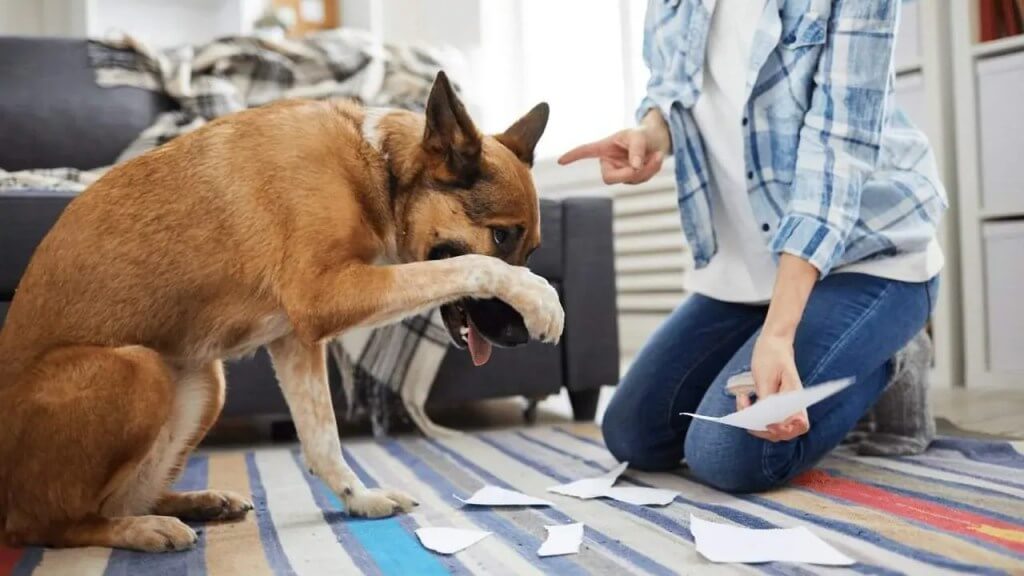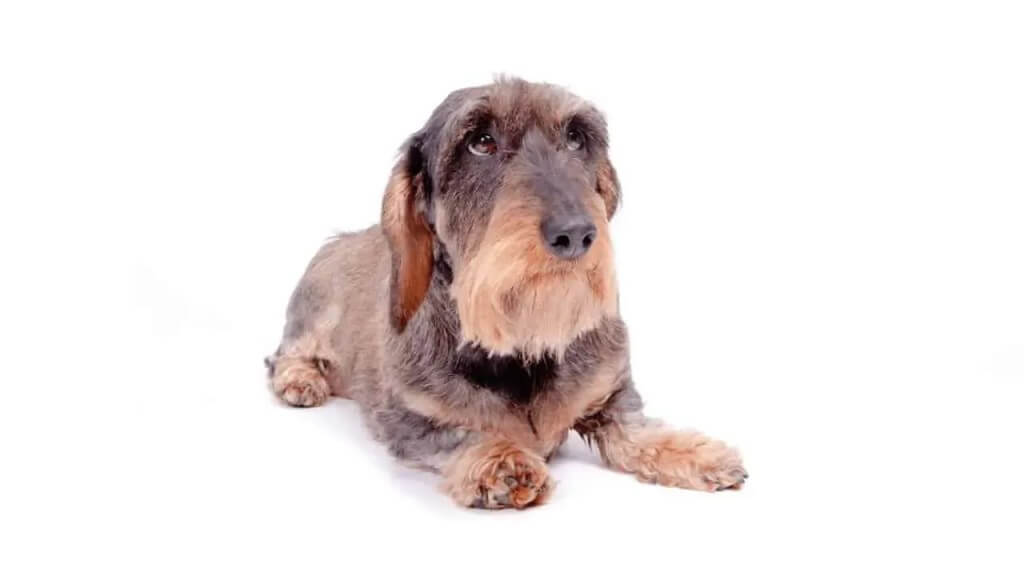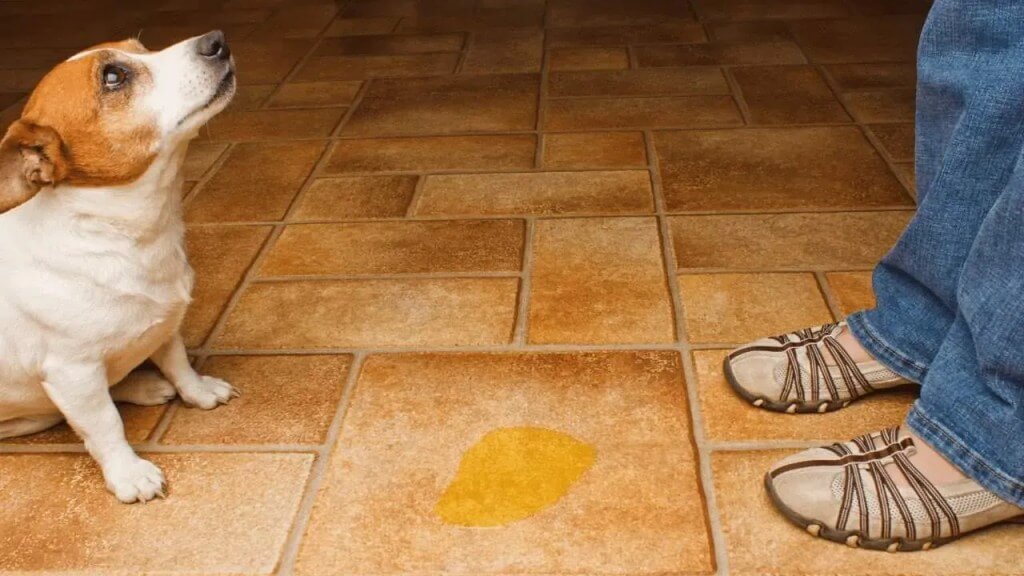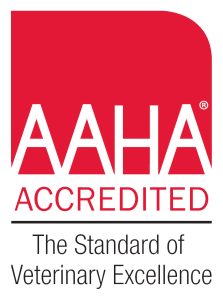
You may think your dog knows he did something wrong by giving you that “I’m guilty look”– but he really doesn’t.
Below is an excellent article in helping to correct your dog in the act.
When you arrive home and find that your dog, “Butch” has chewed one of your shoes, to the point where you will need a new pair of shoes, many of us pet owners would want to yell at him right then and there, for being a “bad dog.” You may even feel that your dog knows he did something wrong because he’s giving you that “I’m guilty look.”
However, according to a 2009 study at in New York by , dogs do not feel guilt. Where we see a classic “I’m guilty look,” we are anthropomorphizing, assigning human emotions because we think they know what they did, but we are wrong. The study concluded that a “better description of the so-called I’m guilty look is that it is simply a response to cues from the owner,” rather than whether the dog was actually feeling guilty or not.
We, as good dog owners, should use this information to help us communicate with our dog.
When Correcting Your Dog in the Act, Timing is Everything

If we want to scold the dog for chewing our shoes, we should make sure the timing is correct, so we aren’t confusing him and disciplining him when we shouldn’t. Your verbal correction’s point of perfect timing is to ensure you are minimizing the number of corrections you are giving and correcting the dog only when it’s effective.
Any correction must be enforced only at the time of the infraction. This means you should verbally correct your dog while it is in the act of inappropriate behavior. In this case — when grabbing your shoe, when chewing on the shoe, or during the destruction of the shoe. The absolute best time to scold him would be when he is in the act of grabbing the shoe – he will know you’re disciplining him for interacting with the shoe itself, which should be off-limits to him always.
So What Do you Do — Stay Calm and Keep Your Cool.

Dogs live in the moment and don’t have a memory as we do. If you scold your dog for an accident he did three hours ago, it will be just as significant/damaging as scolding him out of the blue.
It’s a myth that if you “stick your dog’s nose in an elimination accident” and throw a temper tantrum, he will feel guilty for “pottying” on your rug. In fact, the “I’m guilty look” your dog is having is just a reaction to you “freaking out.”
If you observe your dog’s body language while the dog is verbally disciplined, you will see its head and ears down; he will likely be frequently yawning, eyes everted, and attempting to turn away.
Universally, recognize that these are actually “calming” signals that your dog is giving you to communicate to you to settle down.
Therefore, this I’m guilty look” you may be seeing is your dog telling you to “just chill out.”
When Scolding Backfires

I commonly see and hear owners inappropriately scolding their dog when their dog doesn’t come to them after being called to return.
The owner will get angry at the dog for not responding to the recall, once the dog returns to them. Yelling at your dog when he returns to you doesn’t help. In effect, you end up disciplining your dog for coming to you because you gave the verbal correction when he is near you.
When training your dog, the recall command, it is best to avoid discipline. This will lessen the chance of confusing the dog and will keep the training experience upbeat and positive. In general, I encourage dog owners to minimize the number of corrections used when training their dogs.
Scolding and discipline should amount to no more than 5-10 % of your training program. That said, when you feel your dog needs correction, it’s essential to be effective that it is appropriate in timing to avoid confusing and fitting in intensity without being traumatizing to your dog. Remember, correct your dog in the act.
A crucial part of any dog training program helps the dog understand what behavior is expected and appropriate. Training should reinforce the behaviors you desire and ignore/de-emphasize the ones you don’t want.
About Brook-Falls
Brook-Falls Veterinary Hospital and Exotic Care is dedicated to providing quality care to all companion pets and exotic animals. Brook-Falls is a Menomonee Falls, WI-based full-service veterinary hospital with an extensive range of comprehensive medical, dental, diagnostic, and surgical services to meet the varying needs of all patients. Brook-Falls Veterinary also offers informational and educational media and seminars for pet owners by way of blogs, digital TV series (Expert Veterinary Television), e-books, whitepapers, infographics, and more.
For more information, contact Brook-Falls Veterinary Hospital & Exotic Care, Inc.


